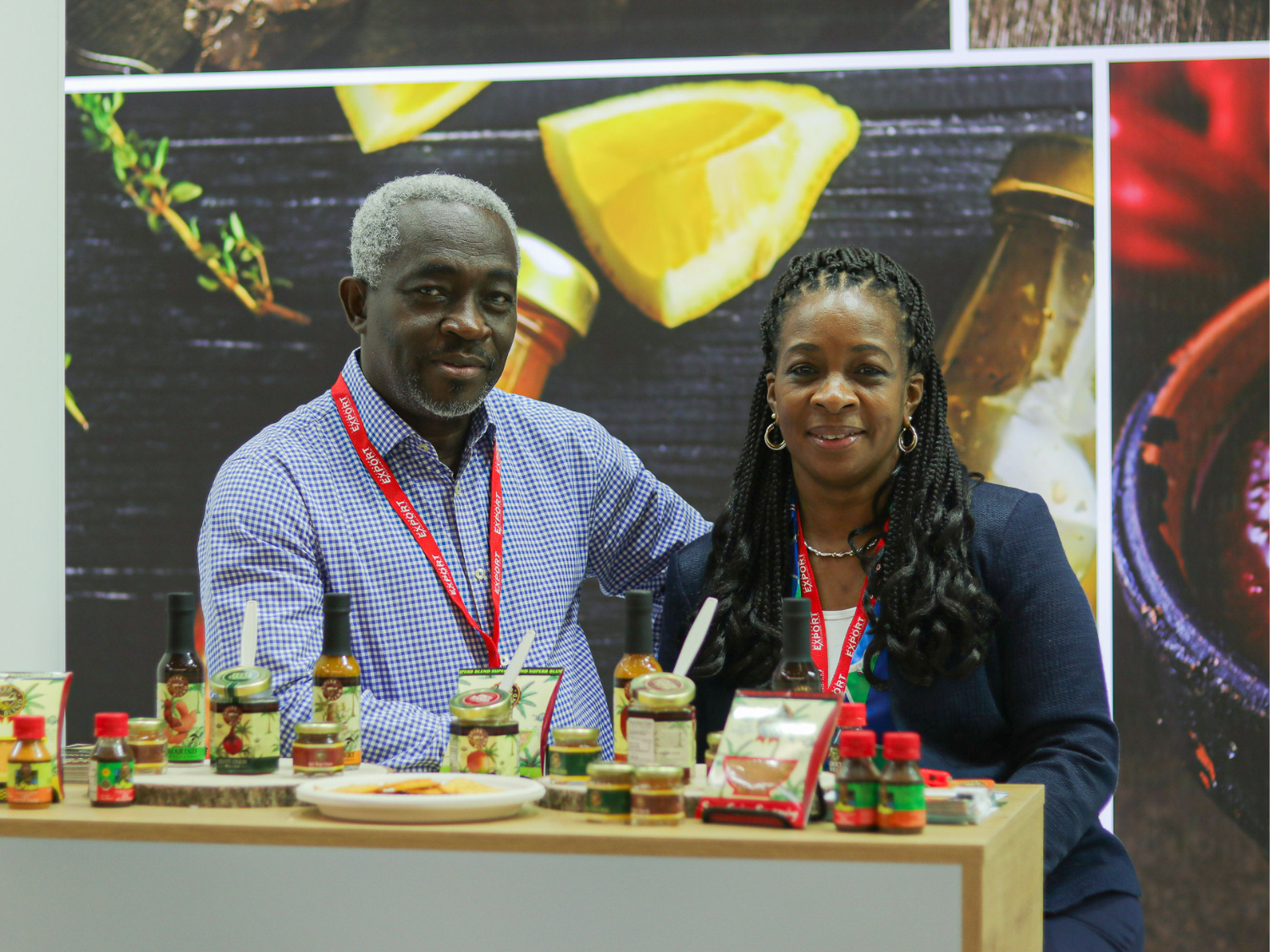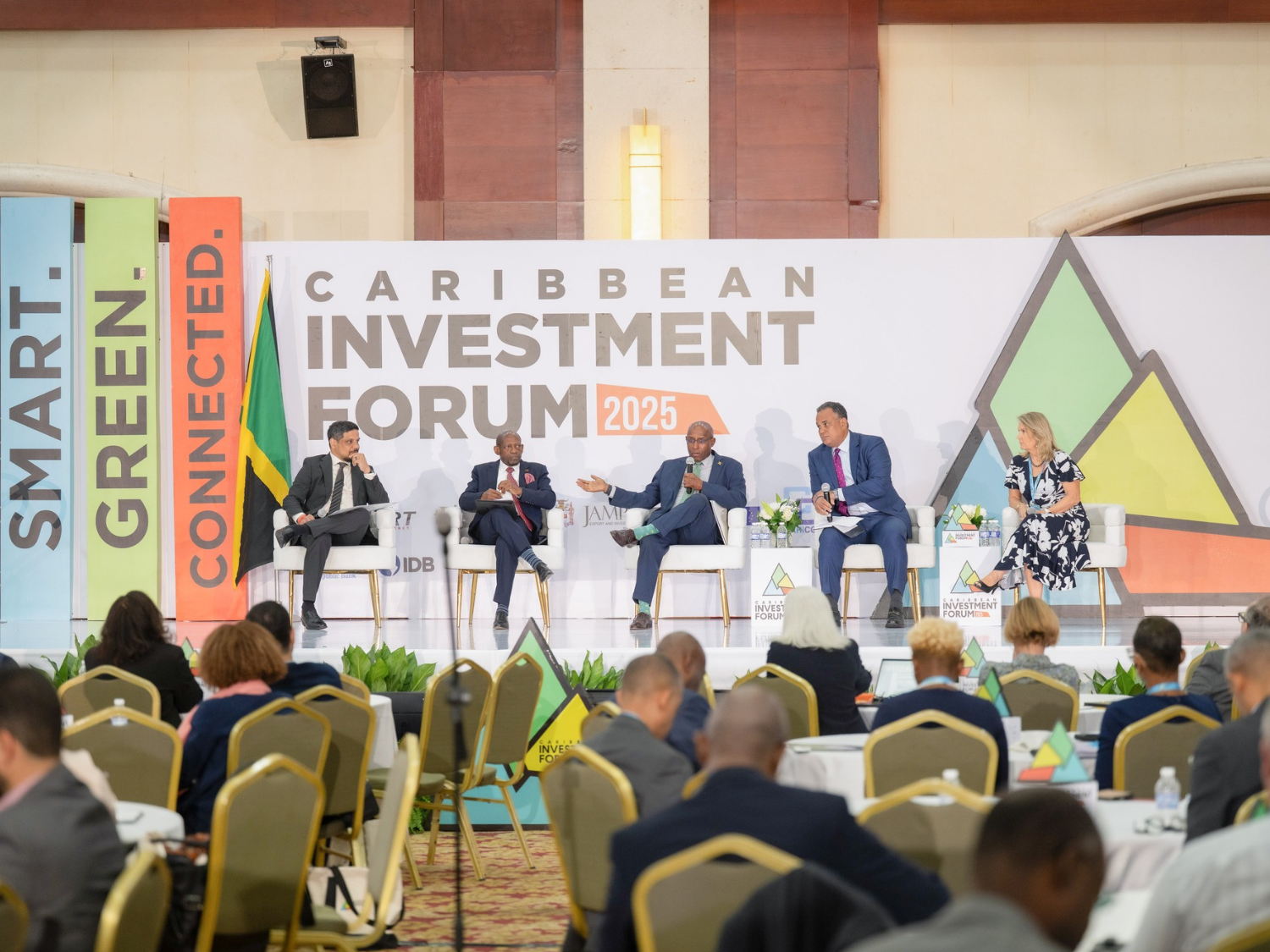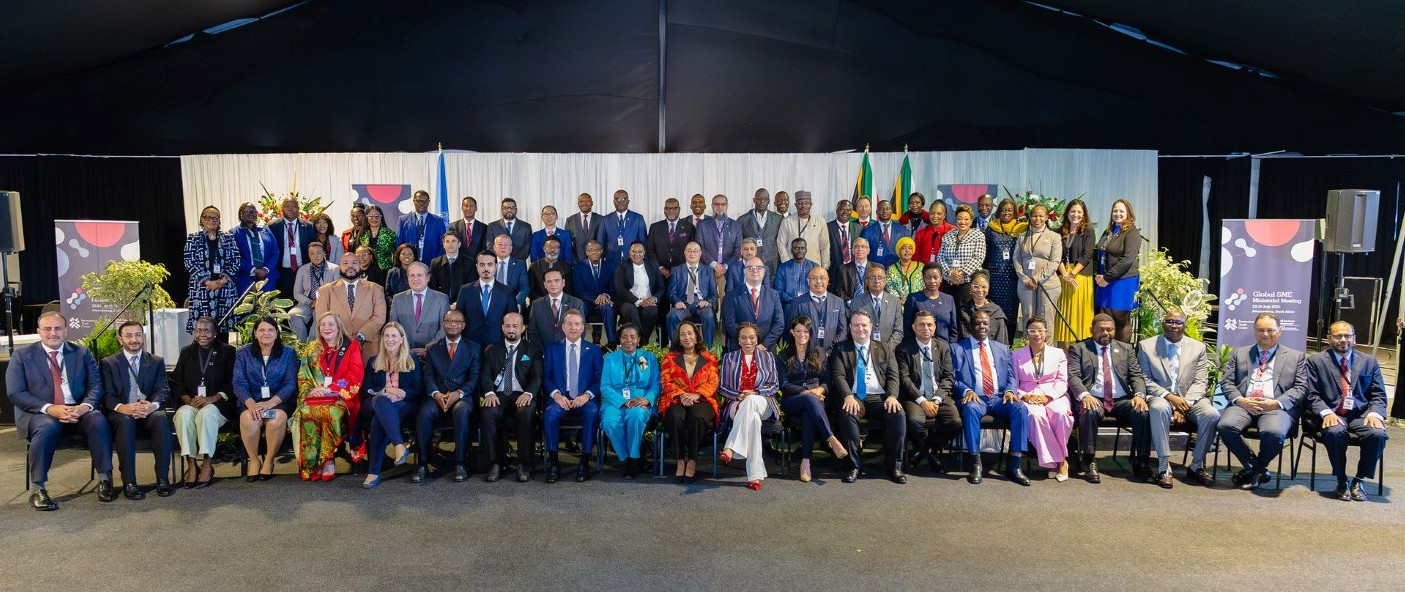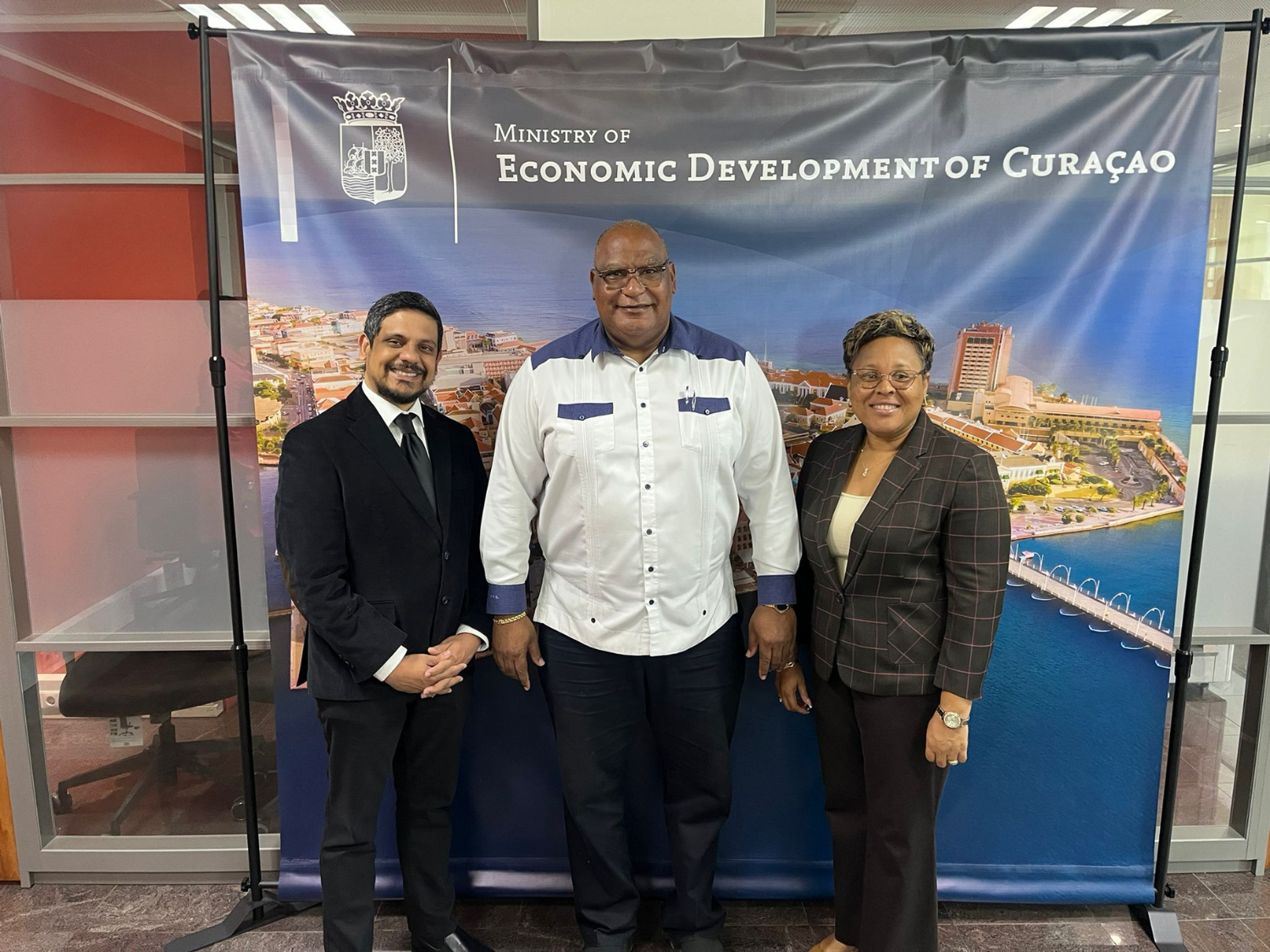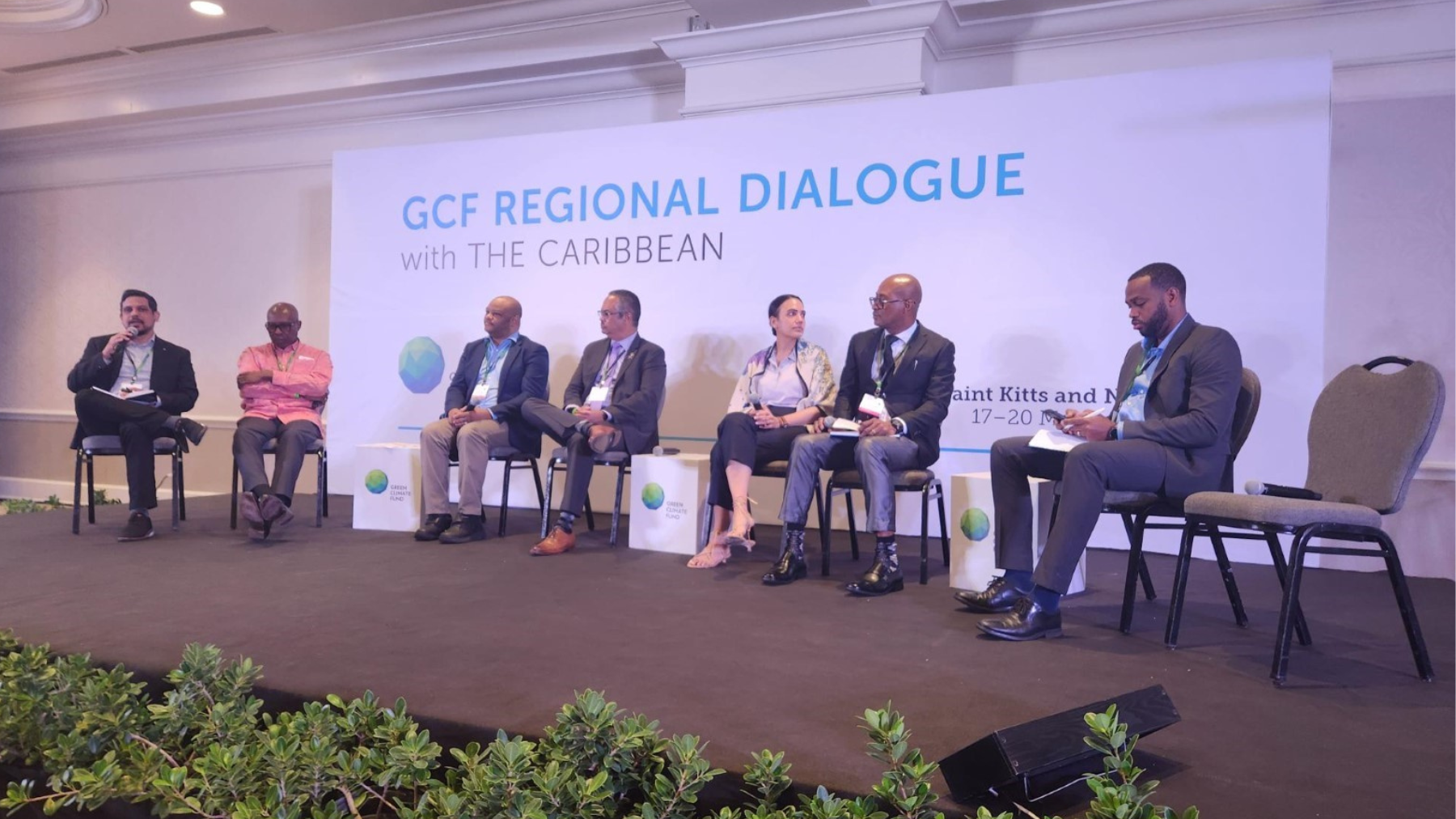In 2025, Jamaican technology startup Innovative Data Mining & Advanced Analytics Partners (IDMAPS) was selected as a beneficiary of the EU-LAC Digital Accelerator, a flagship programme funded by the European Union that supports strategic partnerships between corporates and innovative startups across Europe, Latin America, and the Caribbean.
Since the partnership began in 2025, IDMAPS has been actively implementing the partnership acceleration process. While the final service delivery is still underway, the collaboration has already demonstrated strong progress, transforming a cross-regional collaboration into a solution with clear potential for market deployment and international scaling.
Addressing a critical digital security challenge
As financial institutions face increasingly complex fraud, financial crime, and cybersecurity threats, the need for secure digital identity and authentication solutions has never been more urgent. IDMAPS responded to this challenge by developing advanced data-driven technologies focused primarily on the detection of fraud and money laundering, while also designed to protect customer identities, secure transactions, and strengthen digital trust across financial systems.
Building an EU–Caribbean partnership
Through the EU-LAC Digital Accelerator, IDMAPS (Jamaica) was matched with Engage (Italy), a consulting firm specialising in regulatory compliance and data governance for the banking sector. The partnership combined Engage’s expertise in European financial regulation with IDMAPS’ strengths in digital authentication, analytics, and secure data management to co-develop a solution tailored for financial institutions operating in highly regulated environments — particularly in relation to fraud prevention and AML compliance.
“The EU-LAC Digital Accelerator enabled us to turn a conversation into a structured, results-oriented partnership. We moved from a shared idea to a collaborative solution with real potential for implementation in both European and Caribbean markets,” said Camille Cole, COO of IDMAPS.
Tangible results from the acceleration process
Through the ongoing acceleration programme, IDMAPS and Engage achieved several key outcomes:
- Co-designed and validated a joint digital authentication and fraud-prevention solution
- Developed a clear partnership and commercial model aligned with EU regulatory frameworks
- Prepared the solution for pilot deployment with financial institutions
- Strengthened IDMAPS’ investment readiness and international market access
“The acceleration process has given us strategic clarity, commercial structure, and access to an ecosystem that would normally be out of reach for a Caribbean startup. It has positioned us strongly for global scaling as the partnership continues,” the COO added.
Impact for Jamaica and the wider Caribbean
IDMAPS’ success demonstrates how Caribbean startups can integrate into global value chains through structured innovation partnerships. As the EU-LAC partnership continues to mature, IDMAPS is now strengthening its position as a globally competitive digital solutions provider, contributing to a more secure and resilient digital economy while showcasing Jamaica’s innovation potential on the international stage.
About IDMAPS
Innovative Data Mining & Advanced Analytics Partners (IDMAPS) is a Jamaica-based technology company specialising in advanced analytics, enterprise data management, digital authentication, and digital transformation solutions for public and private sector clients.
About the EU-LAC Digital Accelerator
The EU-LAC Digital Accelerator is funded by the European Union and implemented by an international consortium led by TECNALIA. The consortium brings together TECNALIA (including TECNALIA Colombia), IESE Business School (University of Navarra), EBAN (European Business Angels Network), EBN (European Business & Innovation Centre Network), Expertise France, Telefónica Open Innovation (Wayra Hispam), Caribbean Export Development Agency, Octantis (TECNALIA Group), and IBD Lab, working across Europe, Latin America and the Caribbean to connect corporate digital challenges with startup and SME solutions and accelerate partnerships towards market deployment and investment readiness.
To learn more about this partnership and explore other successful collaborations supported by the EU-LAC Digital Accelerator, visit https://eulacdigitalaccelerator.com/success-stories/

